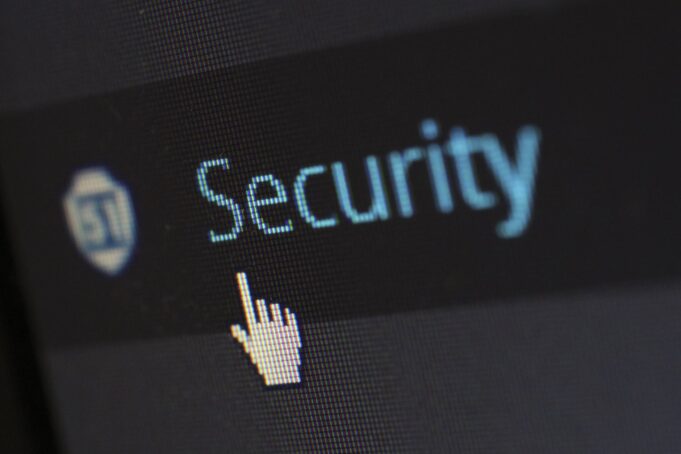For most of us, a good portion of our life is conducted online. From banking, shopping, social media, and work, technology gives us the ability to conduct business from home and free up time for the things we want to do. Unfortunately, there’s a downside to all of our online activities.
If we don’t take extra precautions to protect our information, our personal data can be stolen. When this happens, the experience can be devastating and take years to correct. Thankfully, there are some steps you can take to keep your information safe online and avoid damaging consequences.
Tips to keep your information safe
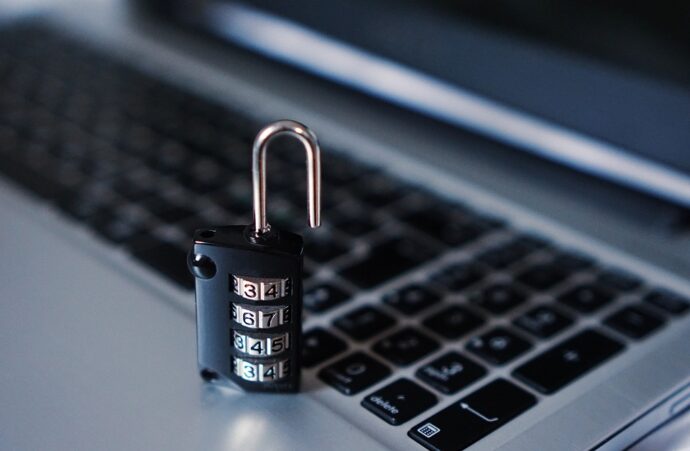
Use complicated passwords and hardware security keys
There are hardware security keys available from Google’s Titan or Yubikey that can be added to your accounts. They add two-factor identification via text message when you log in. While security keys aren’t hack-proof, they add an additional layer of security that’s safer than a password alone.
Password managers are helpful to create and keep difficult to guess passwords that are longer than 50 characters.
Limit your social media sharing
Many people inadvertently share sensitive information on social media. Sharing photos while you’re on vacation with location information, for example, tells thieves that you’re not at home. In the same way, commenting on posts that ask for the street you grew up on, your childhood pet’s name, and who your favorite teacher was, gives out the answers to your security questions. It’s usually best practice to put as little personal information as possible in your social media profile and posts.
Have more than one email account
Using multiple email accounts can help you protect sensitive data. You should be using one for your sensitive information, like banking or investments. A separate account should be used for email subscriptions, receiving coupons, and online gaming. A third one can be reserved for general communication with friends and family.
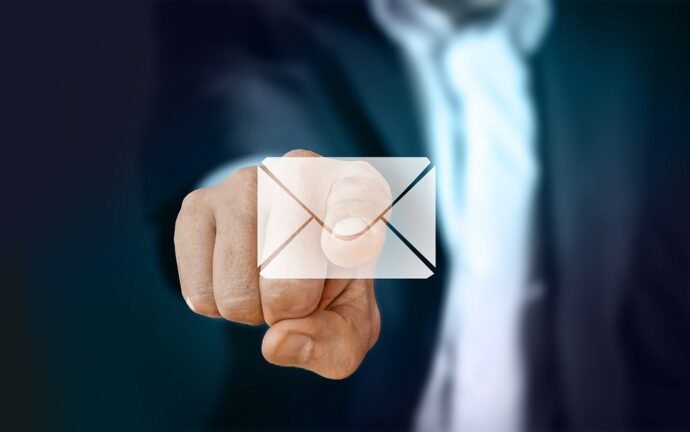
Use free Wi-fi carefully
Free, public wi-fi networks are a great way to save data when you’re out and about, but the very nature of these networks means there are very few security measures in place. Anyone else on the network can gain access to your activity, so while it might be okay to quickly download a store coupon while you’re shopping, you should wait until you’re home on a password-protected network to open your online banking.
Beware of marketplace buyers and sellers
Online sites like Facebook Marketplace and Craigslist are a fantastic way to sell your stuff and make some money, but it’s hard to know who you’re talking to. Find out who you’re talking to before you give out your address, email, and telephone number. Sites like CheckPeople have algorithms designed to verify buyer and seller identities so you can feel safe and secure about your transactions.
Watch out for attachments and pop-up links
Cybercriminals are very sneaky and often compose phishing scams to look like legitimate communication, whether from your bank, your investment broker, or your utility service. Read your emails carefully and look for spelling mistakes, company name abnormalities, or a sender email address that doesn’t seem right. If in doubt about the legitimacy of a communication, call your bank directly to find out if there really is an issue before replying to messages.
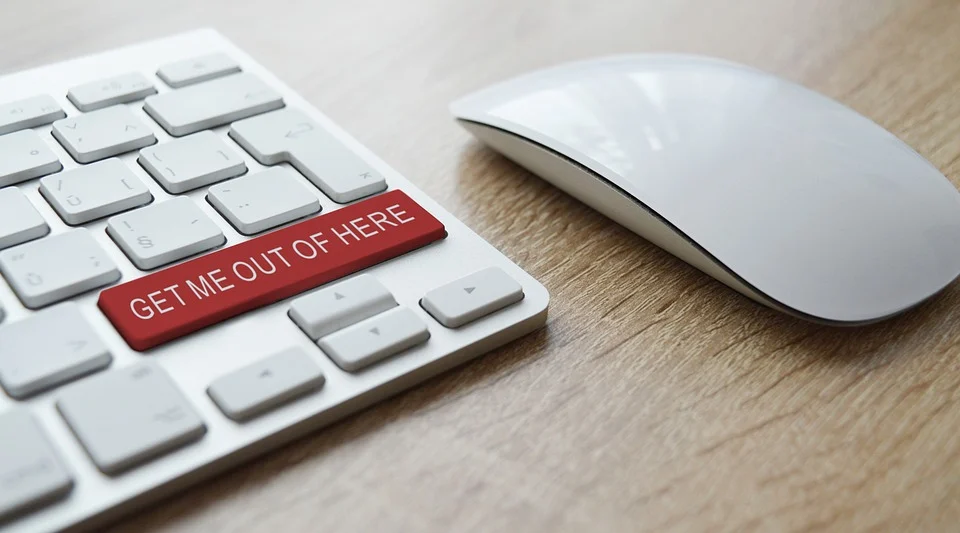
Check website security
Before you enter any type of personal information on a website, take a look at the top of your browser window for a lock symbol and the beginning of the site URL. Sites that begin with HTTPS have security built-in to protect your information.
Verify your credit and banking protection policies
If you conduct business online, you should make sure that your credit accounts have fraud protection policies in place that will protect you in the event that your account is hacked. Avoid saving your payment and login information on public websites as an extra security measure.
Don’t share your social insurance number online
You would be surprised at just how many services request your social insurance number. Car rental companies, doctor’s offices, credit card applications, the list is long. The thing is, they don’t need this information. It’s requested because it makes it easy to gather your personal data, but it also makes it easier for criminals to steal that same data. You are not legally required to provide your social insurance number to anyone, and your information will be a lot safe if you keep it under wraps.
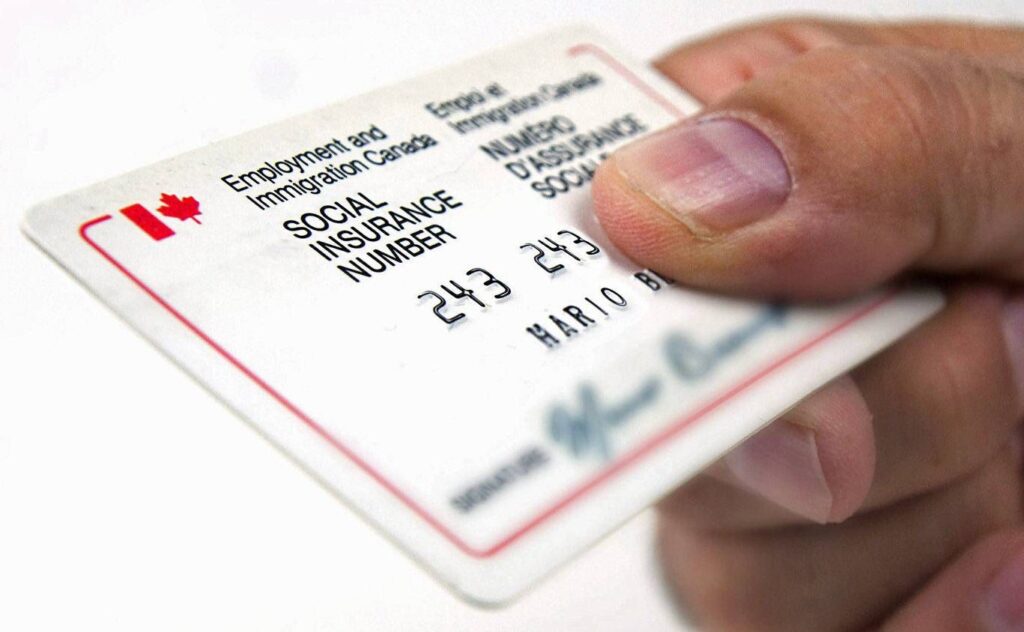
Check your privacy settings
We often anticipate this very important step when creating social media accounts. The default for many platforms is to keep your social media account open to the public. This is not what you want, unless you want the whole world to have your photos and personal information at your fingertips. The less private your account and the more accessible your information, the easier it is for malicious people to follow and harass you. To avoid these and more serious dangers, create your private account so that only your close friends and family have access to your posts.
Check your privacy and security settings within the options offered by Facebook to make sure your account is protected. Also, the same goes for Instagram so you can control who else can see your pictures, especially if you post pictures from your private life.
You know all your online friends
Even if you set up your social media accounts to be private, it won’t help much if you accept all requests for friendship and follow-up. It is not wise to compete who can have the most friends on Facebook or who can reach a certain number of followers on Instagram. Before you accept any request for friendship, ie. tracking, think about all the information you have already shared on your account as well as how risky it is to share it all with a complete stranger.
Think twice before accepting a request from a person you do not know, because not everyone has good intentions. Maybe you met that person at a party somewhere or you went to kindergarten together, and maybe you have never seen her in your life, but you have three mutual friends! – Does that really mean you should let them see everything you’ve done?
Taking a few simple steps to protect yourself can make all the difference in keeping your information safe online and preventing identity theft.

